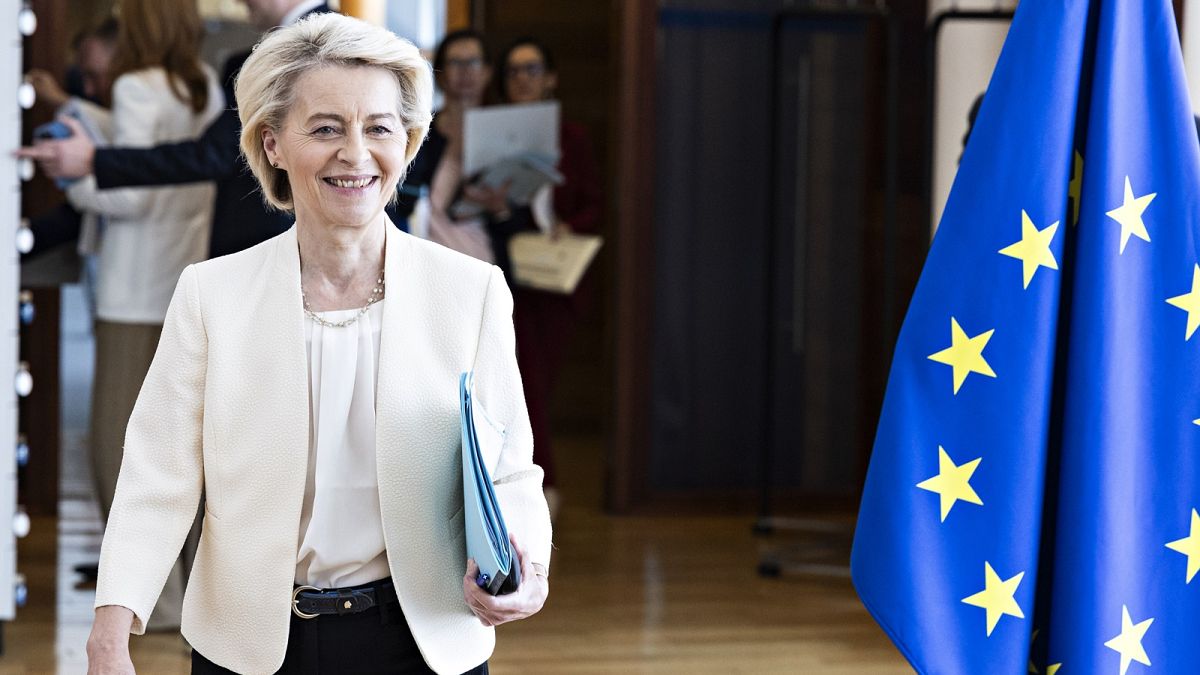

The European economy is poised for a transformation marked by significant strategic initiatives, collaborative infrastructure developments, and innovative policies. This progressive shift is expected to bolster growth, enhance trade efficiencies, and address emerging economic challenges.
This month, European Commission President Ursula von der Leyen unveiled a remarkably increased €2 trillion EU budget designed to enhance Europe’s economic resilience. This newly structured budget aims to provide flexibility in addressing unforeseen crises while promoting strategic investments. It represents a pivotal step toward reinforcing Europe’s economic security and adaptability, providing a robust framework for future contingencies.
Von der Leyen’s presentation underscored the EU’s commitment to ensuring economic stability and fostering a competitive environment. By directing funds strategically, the EU intends to empower member states in handling potential disruptions with efficacy and agility. This move is set to enhance the EU’s ability to address both current and emerging challenges globally.
In parallel, Kazakhstan is actively enhancing the Europe-China trade corridor through its plan to upgrade the Trans-Caspian trade route. By optimizing this crucial link, Kazakhstan aims to meet the EU’s 15-day transit goal, a significant advancement toward more efficient international trade flow. This development not only strengthens Kazakhstan’s role in global trade but also marks an essential step in linking economies and promoting seamless connectivity across continents.
Meanwhile, in southeastern Europe, Bulgaria is preparing to transition its currency from the lev to the euro in January, a change heralded as both pragmatic and necessary by experts like Plamen Ralchev. The shift to the euro is viewed as a safeguard for Bulgaria, ideally positioning the country within the broader European economic framework. This changeover embodies Bulgaria’s broader commitment to economic integration and alignment with European monetary standards.
Amidst these forward-looking developments, the European agricultural landscape is experiencing notable adjustments. The European Commission has restructured the EU farm budget in a manner it suggests will protect agricultural stakeholders with a smaller yet dedicated budget pool. However, this decision has sparked a debate, as farmers express concerns over the perceived reduction in support, feeling it contravenes traditional commitments established in the aftermath of World War II. This debate highlights the challenge of balancing economic reform with the preservation of established agricultural traditions and support systems.
In the United Kingdom, efforts to address energy costs are underway with a newly revealed plan by the Labour Party. Led by U.K. Energy Secretary Ed Miliband, the initiative aims to significantly reduce energy bills through targeted home heat policies. This plan seeks to provide relief from high energy costs while simultaneously supporting the UK’s broader climate and energy objectives, especially as it transitions to green energy solutions.
Each of these strategic initiatives, while unique in focus and regional impact, collectively signify a broader narrative of economic evolution in Europe. By reforming financial strategies, enhancing infrastructure, and fostering collaborative efforts across borders, Europe is navigating a path toward sustainable growth and heightened economic resilience.
Source: {link}
